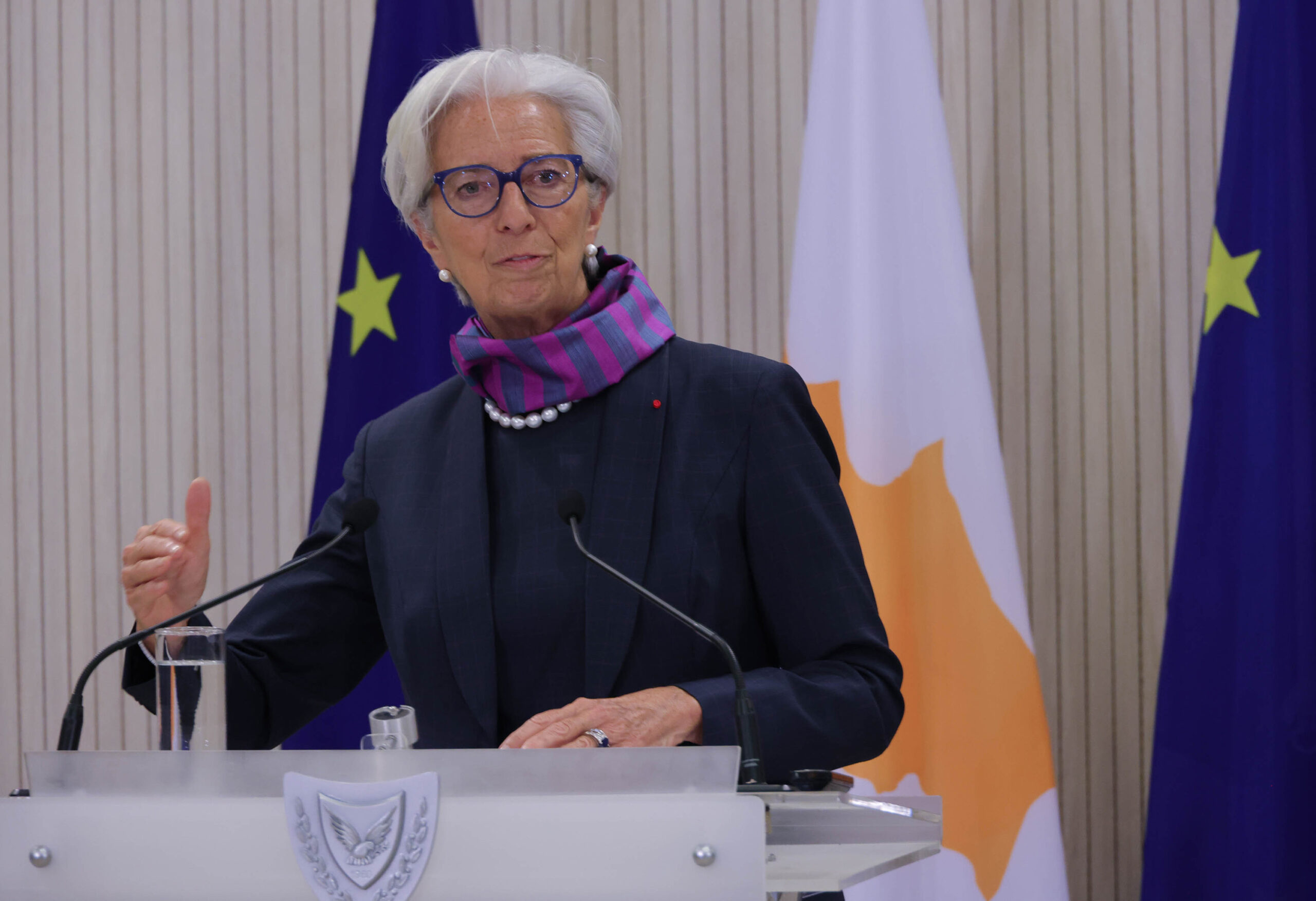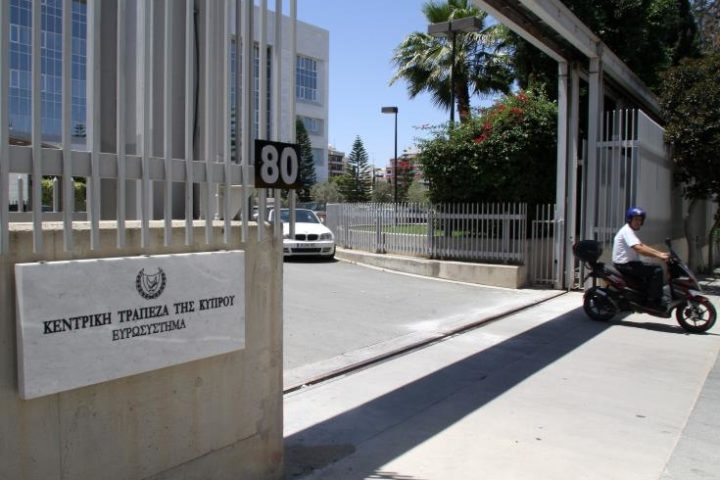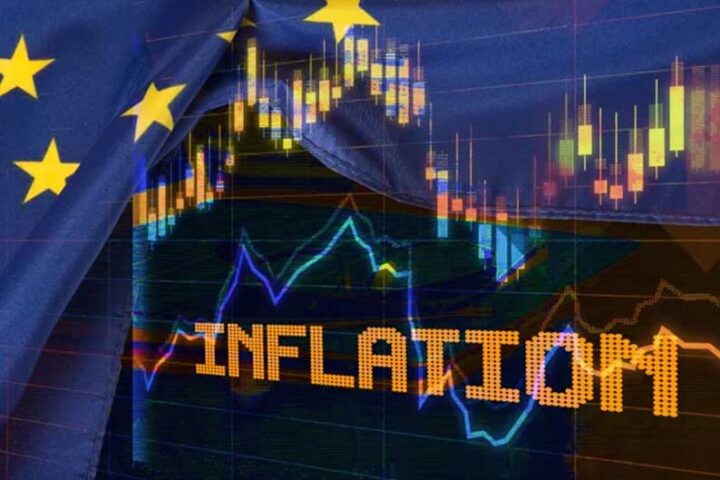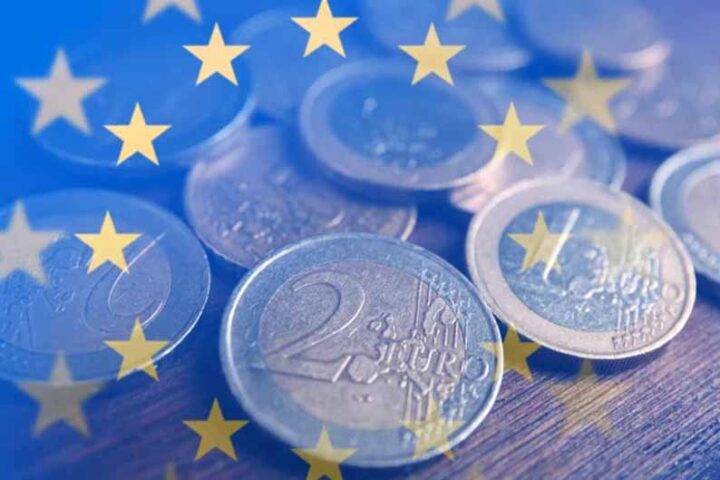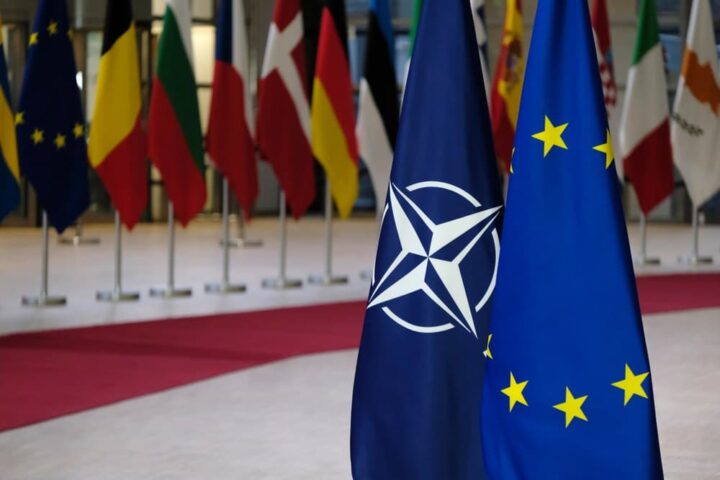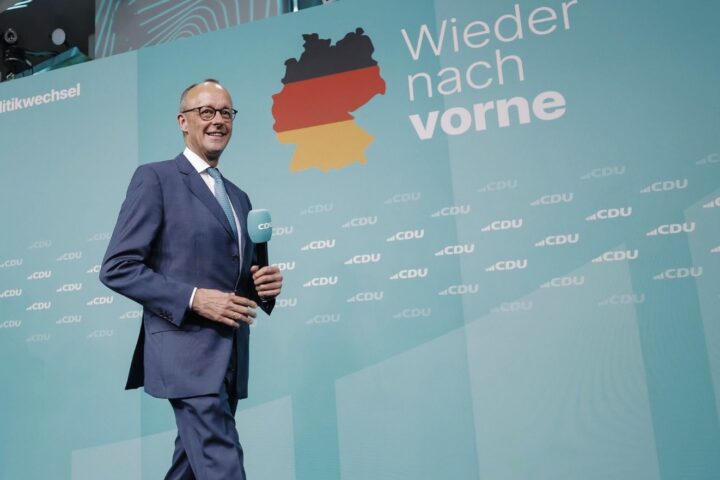Analysts do not expect to see the European Central Bank backing away from its intentions to raise interest rates by another 50 basis points at their meeting on Thursday.
In a note, rating agency Moody’s stated the ECB meeting is not expected to offer any surprises.
It added that the ECB’s governing council has repeatedly said it would introduce a 50 basis point increase in interest rates.
“The meeting may offer clues as to what the ECB is thinking about for the next meeting on May 4,” Moody’s said.
Inflation data for February will be released this week, with no changes expected, compared to the preliminary data.
Eurozone inflation in February is expected to decrease to 8.5% from 8.6% in January.
ECB chief Christine Lagarde recently said it might need to continue its interest rate hikes beyond the planned 0.5% move at the March 16 meeting in its second consecutive 50 basis point rate hike.
“Right now, we are likely to continue on this path,” Lagarde said.
“How much in each session? It’s impossible to say right now”.
She described the March increase as necessary and highly likely, saying policymakers would do everything possible to bring inflation back to the 2% target from four times higher than it is today.
Economists expect the European Central Bank to step up its fight against stubborn inflation by raising interest rates another four more times, liquidating its €5 trln bond portfolio, according to a Bloomberg survey.
Based on a Bloomberg survey, economists expect this week’s move to be followed by three hikes of 25 basis points each, bringing the deposit rate to 3.75% in July.
Some analysts expect this level to be reached sooner.
Others estimate that interest rates will stop rising at 3.5% or even higher at 4%.
At the same time, inflation expectations among eurozone consumers fell in January, but expectations of wage growth continued to rise, fueling fears the latter will weigh on efforts to control prices.
According to the ECB report published earlier this month, headline inflation is now falling relatively quickly.
However, underlying price pressures continue to rise, partly due to fast growth in nominal wages in services.
According to the latest Eurostat data, inflation in Cyprus in February is estimated to have decreased to 6.7% from 6.8% in January 2023.
In February 2022, inflation in Cyprus reached 5.8% and jumped to 9.0% in September.
The EU food, alcoholic beverages and tobacco sector is expected to record the highest inflation rate at 15% from 14.1% in January.
Energy follows at 13.7% from 18.9%, non-manufactured goods at 6.8% from 6.7% and services at 4.8% from 4.4%.
Commenting on ECB interest rate hikes and inflation pressures, economist Ioannis Tirkides argued that inflation is proving more persistent than initially thought, and interest rates will rise further this year.
“While a soft landing is not certain, it is now a built-in expectation.
“But even if we get a hard landing instead, it will not be a 1970s-80s style hard landing.
Interest rates will not have to rise significantly from current levels, and many economies, including Cyprus, are more resilient to interest rate rises than in previous periods,” said the economist.

